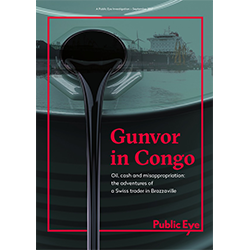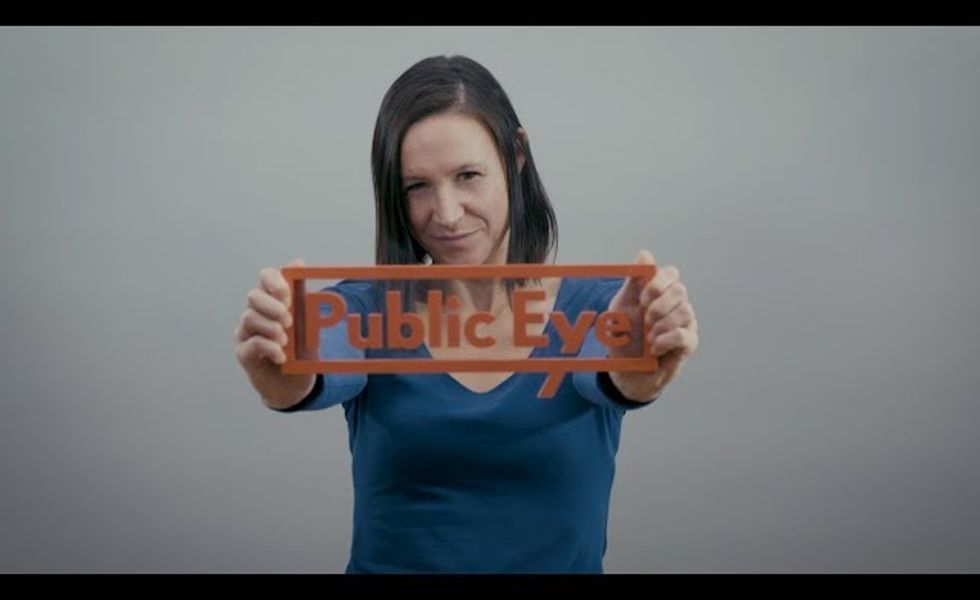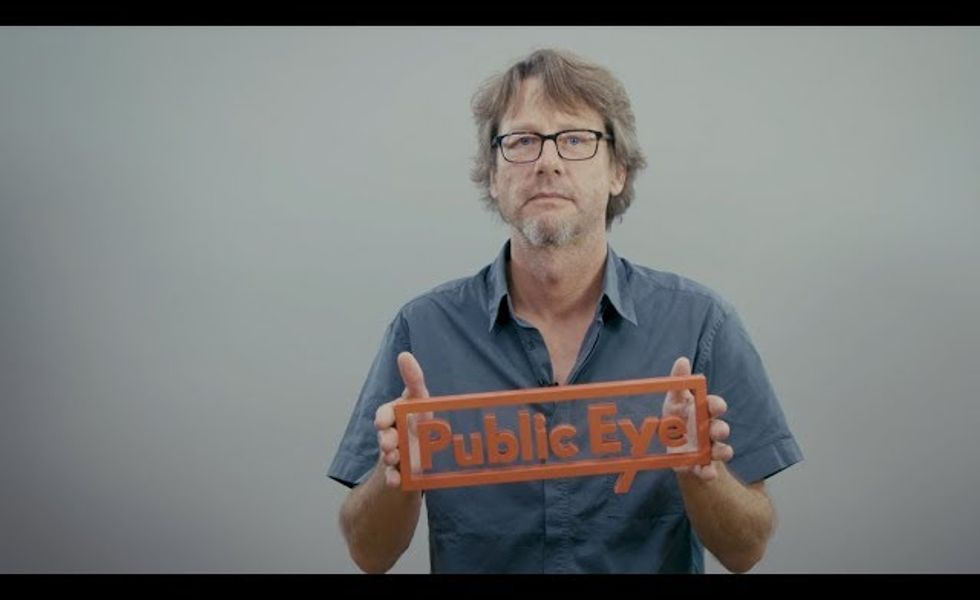Gunvor in Congo
 ©
Public Eye
©
Public Eye
Report: Gunvor in Kongo
Oil, cash and misappropriation: the adventures of a Swiss trader in Brazzaville
The findings of Public Eye’s investigation into Gunvor’s activities in Congo are of significant public interest – first and foremost to the Congolese people, who live in abject poverty despite the country’s huge mineral wealth. Mismanagement and corruption mean the population – the actual owner of the country’s mineral resources – does not see any of the wealth generated by mining. Yet they have the right to know the conditions under which the state-owned company is selling black gold to international traders.
Gunvor’s reaction when the case was first made public, in 2012, as well as when Public Eye released its report five years later, is telling: the company briefly blamed an ex-employee who it stated acted without its knowledge. However, exclusive documents have enabled Public Eye to prove that the dubious practices continued following the departure of the employee in question.
The example of Gunvor clearly shows how commodities trading is in part responsible for the resource curse and highlights the consequences of a lack of regulation, showing how unrealistic the arguments against stricter legislation are. There are solutions to this, including our demand for payment transparency or a Swiss Commodity Market Supervisory Authority (ROHMA). The sentencing of Gunvor in October 2019 by the Federal Prosecutor’s office to pay a fine totalling nearly 94 million francs on the grounds of corruption of public officials in the Republic of Congo and the Ivory Coast largely confirms the results of our investigation. The Geneva trading firm had no so-called compliance programme for the prevention of corruption. The investigators in Berne established that clear alarm signals and indications of irregularities were ignored. In their view, ‘the risk of corruption by Guvnor... seems to have been accepted as part of doing business’. These ‘serious organizational deficiencies’ led to a fine of almost 4 million francs and the collection of nearly 90 million francs of illegal proceeds.
With this research, Public Eye managed to get the Council of States to accept Senator Anne Seydoux-Christe’s postulate calling on the Federal Council to produce a report on whether the measures banks are implementing are sufficient to prevent money laundering and business with political exposed persons in commodity trading. In February 2020, the Federal Council published this report on ‘Supervision of commodities trading activities from the perspective of money laundering‘. The report indeed confirms the ‘high risk of corruption’ in the commodities trading sector, but once again proposes no effective measures.
Further information:
- Report: Gunvor in Congo - Oil, Cash and misappropriation : the adventures of a Swiss trader in Brazzaville (2017)
- Position paper in German (Gunvor im Kongo) and French (Gunvor au Congo), (2017)
- Special issue of the Public Eye – magazine in German (Gunvor im Kongo) and French (Gunvor au Congo), (2017)
- The story online: Gunvor in Congo. A story in six acts.
- Press release: Oil and embezzlement: Public Eye reveals Gunvor's secrets in Congo (12.09.2017)
- Press release: Gunvor in the Congo: New disclosures undermine the traders case (15.09.2017)
- Press relesase: Gunvor: unprecedented conviction in corruption case (17.10.2019)




